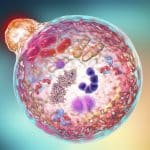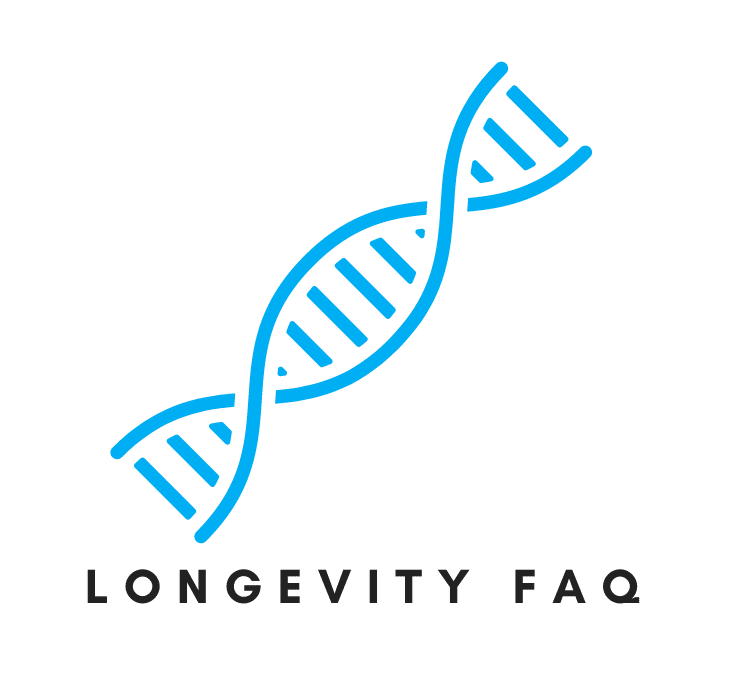
Autophagy, derived from the Greek words “auto” (self) and “phagein” (to eat), is a natural cellular process that plays a significant role in maintaining health and promoting longevity. Often called cellular “housekeeping” or “recycling,” autophagy is how cells break down and eliminate damaged, dysfunctional, or unnecessary components, such as misfolded proteins, aging organelles, and intracellular pathogens. By removing these cellular waste products, autophagy helps maintain cellular balance, prevent the accumulation of toxic materials, and promote cellular renewal and function, all essential for overall health and longevity.
Autophagy is an evolutionarily conserved process in eukaryotic organisms, including yeast, plants, and mammals. It occurs at a basal level under normal physiological conditions but can be upregulated under various stressors such as nutrient deprivation, oxidative stress, and hypoxia.
The role of autophagy in promoting health and longevity has become increasingly evident over the past few decades, with numerous studies demonstrating its importance in various aspects of cellular function and aging. For instance, autophagy has been shown to prevent the accumulation of toxic protein aggregates implicated in several age-related neurodegenerative diseases such as Alzheimer’s and Parkinson’s. Additionally, autophagy is crucial in maintaining mitochondrial function and reducing oxidative stress, which is vital for cellular energy production and protection against age-associated damage.
As a crucial component of cellular health, upregulating autophagy has become a popular goal among biohackers and health enthusiasts seeking to optimize their bodies’ natural rejuvenation processes. Although autophagy can be induced through various lifestyle interventions, such as fasting, exercise, and caloric restriction, certain supplements have also been shown to promote this cellular recycling process. Below, we explore some of the most well-researched supplements known to enhance autophagy.
- Resveratrol: A natural polyphenol found in grapes, berries, and red wine, resveratrol has been shown to activate the SIRT1 gene, which modulates autophagy. SIRT1 is a crucial regulator of cellular metabolism, inflammation, and stress responses, making resveratrol a popular supplement for those looking to promote longevity.
- Curcumin: Derived from turmeric, curcumin is a potent antioxidant and anti-inflammatory compound with numerous health benefits. Research suggests curcumin can enhance autophagy by activating the AMP-activated protein kinase (AMPK) pathway, a central cellular energy and metabolism regulator.
- Quercetin: A flavonoid found in many fruits and vegetables, quercetin has been shown to have antioxidant, anti-inflammatory, and anti-cancer properties. Studies have also demonstrated that quercetin can upregulate autophagy by inhibiting the mammalian Target of Rapamycin (mTOR) pathway, a critical signaling pathway that regulates cell growth, proliferation, and survival.
- Nicotinamide riboside (NR) and nicotinamide mononucleotide (NMN): Both NR and NMN are precursors to nicotinamide adenine dinucleotide (NAD+), a molecule essential for cellular energy production and metabolism. Boosting NAD+ levels with NR or NMN supplementation has been shown to activate the SIRT1 gene, similar to resveratrol, and promote autophagy.
- Berberine: An alkaloid found in several plants, including goldenseal and barberry, berberine has a long history of use in traditional medicine. Recent research suggests that berberine can activate the AMPK pathway to enhance autophagy, making it a promising supplement for optimizing cellular health. Flavonoids are found in many fruits and vegetables, and quercetin has been shown to have antioxidant, anti-inflammatory, and anti-cancer properties. Studies have also demonstrated that quercetin can upregulate autophagy by inhibiting the mammalian Target of Rapamycin (mTOR) pathway, a critical signaling pathway that regulates cell growth, proliferation, and survival.
- Nicotinamide riboside (NR) and nicotinamide mononucleotide (NMN): Both NR and NMN are precursors to nicotinamide adenine dinucleotide (NAD+), a molecule essential for cellular energy production and metabolism. Boosting NAD+ levels with NR or NMN supplementation has been shown to activate the SIRT1 gene, similar to resveratrol, and promote autophagy.
